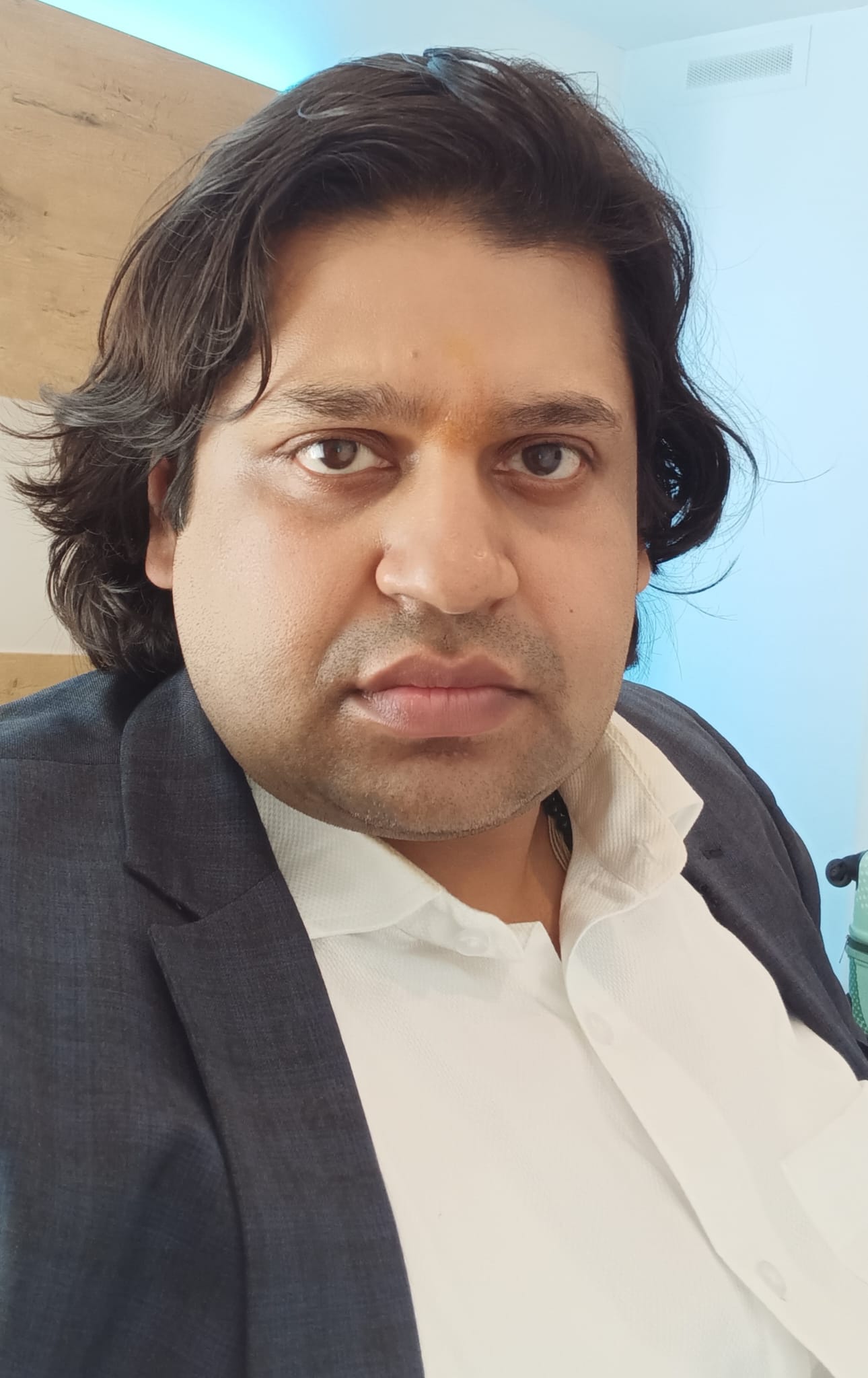School of Social Sciences
Ravi Bhandari

Dr. Ravi Bhandari is a distinguished economist whose extensive career has been marked by a relentless pursuit of knowledge and an impact on the world of economics. For over three decades, he has been at the forefront of teaching economic development, international financial markets, and world economic history.
Professor Ravi has taught these subjects at the leading universities around the world where he has earned accolades as an exceptional educator, consistently winning the best teacher award for his outstanding contributions to learning across the social sciences.
His commitment to excellence transcends borders as he shares a wealth of knowledge with colleagues and students across the globe, teaching and conducting research in a number of countries including India, Nepal, Greece, Costa Rica, and the United States.
Beyond the classroom, Ravi’s global foresight and analytical insights have earned him widespread international recognition. His timely warnings on economic crises – from the Asian currency crisis of 1997 to the global crisis of 2001 to the Great Recession 2007/2008 — solidified his reputation in the field.
Professor Ravi current research focuses on the unholy alliance of the unraveling global debt crisis, retaliatory tariffs/sanctions, and the epic AI bubble. Professionally, he advises clients on how best to avoid and hedge against the upcoming Global Depression, what he calls the mother of all crashes.
Rural-Urban Migration and Urban Livelihoods in India
This article looks at the nature and patterns of urban livelihoods in India, with a focus on low-skilled migrant workers engaged in the informal sector. It places urban livelihoods in the broader context of structural transformation and livelihood change in India and shows that even though migrant workers contribute significantly to country’s increasingly urban-centric economy, they remain ignored in policymaking.
Silent Casualties: Languages in the Wake of Skill Subjects
Skill training has been fervently promoted as one of the primary means to prepare for work at increasingly earlier stages of the compulsory formal education system. In a state such as Karnataka, where diverse linguistic cultures exist in schools, skill-based subjects have encroached upon the space of language subjects and teaching.
Amlan Bhushan

